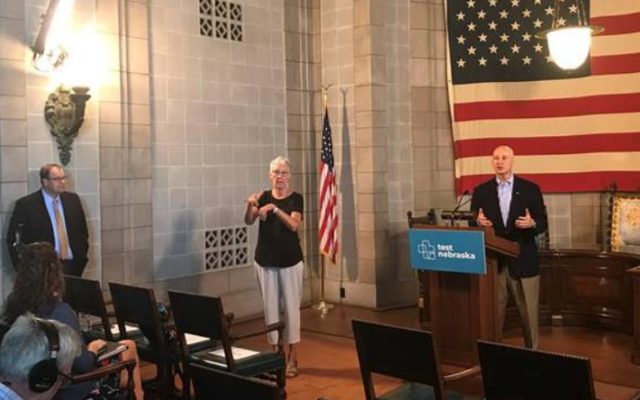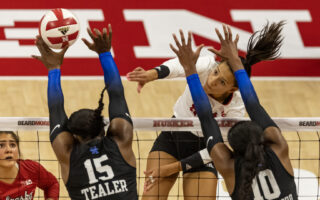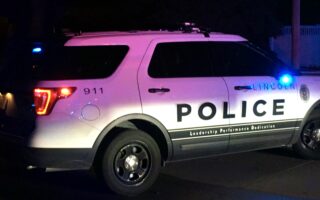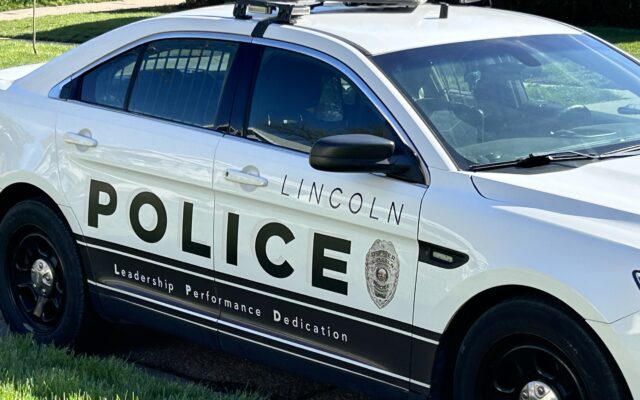Governor, Education Commissioner Salute Opening Of School

Governor Pete Ricketts and Nebraska Education Commissioner Matthew Blomstedt both saluted the start of the 2020-2021 academic year in Nebraska’s K-12 schools.
The Governor said in-person learning is important for the overall well-being of kids and their families. He recognized that the pandemic has taken a toll on the mental health and well-being of Americans. He pointed to information from the Centers for Disease Control indicating sharp rises in substance abuse and in the number of Americans considering suicide. He also noted that students with special needs “can’t receive the services they need over an iPad.” Also, that students from many families rely on school meals to supplement their nutrition, and that not every parent can devote time and attention to oversee remote learning..
Education Commissioner Matthew Blomstedt said that, as students come back and schools gain experience, we can continue to develop safer practices. “We’re especially focused on individual student needs during this time” he said. “Parents and schools are working together closely to address issues and provide high-quality instruction for students with disabilities, individual education plans, or other special needs.”
Blomstedt said social and emotional well-being are particularly important during the pandemic. “With my own children, I’ve seen the excitement of students to be back in class, interacting with their friends and teachers.” He added that a key part of the school environment is helping students and families learn to be thoughtful and safe in public settings.
“I’d like to thank our teachers. They have to figure out what’s best for their particular setting and then adapt as needed. We encourage their innovation as we navigate this school year.”
John Wyvill, Executive Director of the Nebraska Commission for the Deaf and Hard of Hearing, joined the Governor and Commissioner Blomstedt. He talked about the challenges of the coronavirus for kids with special needs, and the plans in place to ensure their educational and social success this fall.
“Based on our experience at the end of last school year, we have firsthand knowledge that the disruption of school has been challenging for deaf and hard-of-hearing students. We have a duty to these students to provide them with an appropriate education.”
Wyvill said working in a remote environment is not the best scenario for these students. He said parents or guardians may not have the training and skills to cope in a remote environment in order to set up students for success. He also said the social/emotional challenge is evident in the deaf and hard-of-hearing student population. “Without school, they may feel cut off from peers and have difficulty connecting with their friends.”
Piyush Srivastav, incoming Chair of the Foundation for Lincoln Public Schools also spoke at this morning’s briefing. As a parent of a middle-school student and supporter of LPS, he shared his perspective on the importance of in-school learning.
“I’m a small business owner here in Lincoln, and I have a daughter who attends Lincoln Public Schools (LPS). After reviewing the changes that LPS has made to mitigate the risk of the coronavirus, we felt comfortable sending our daughter to school for in-person learning.
He said wearing face coverings, limiting movement throughout school buildings, spacing desks farther apart, canceling assemblies and changing lunch procedures will all be important.
“We’ve asked our daughter detailed questions about the changes, and we feel very comfortable with how LPS is handling this situation.”
COVID-19 Risk Dial At “Yellow”, New Cases Still Being Confirmed




